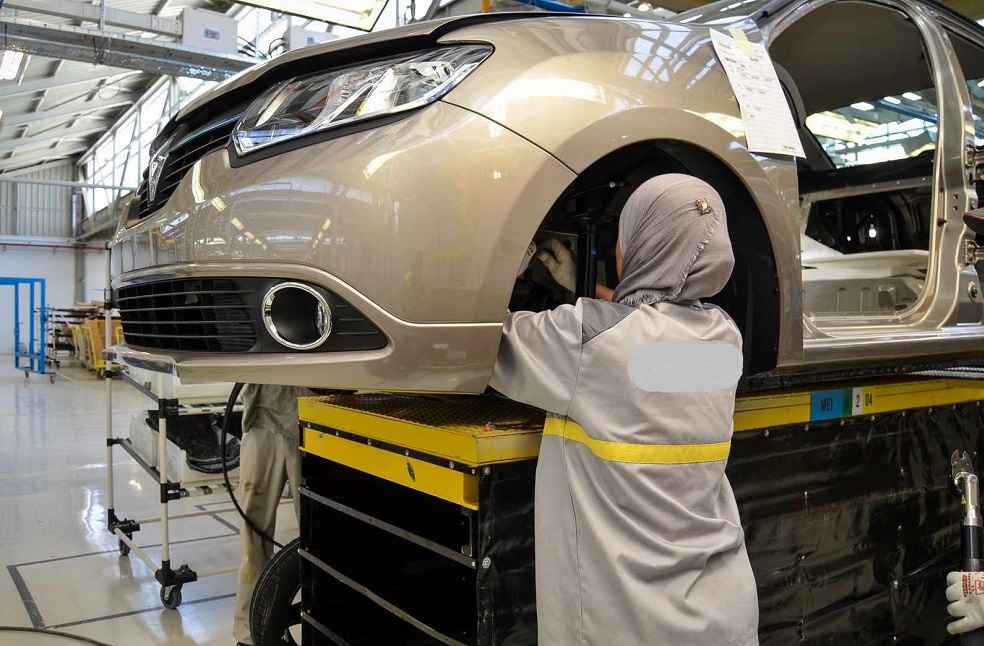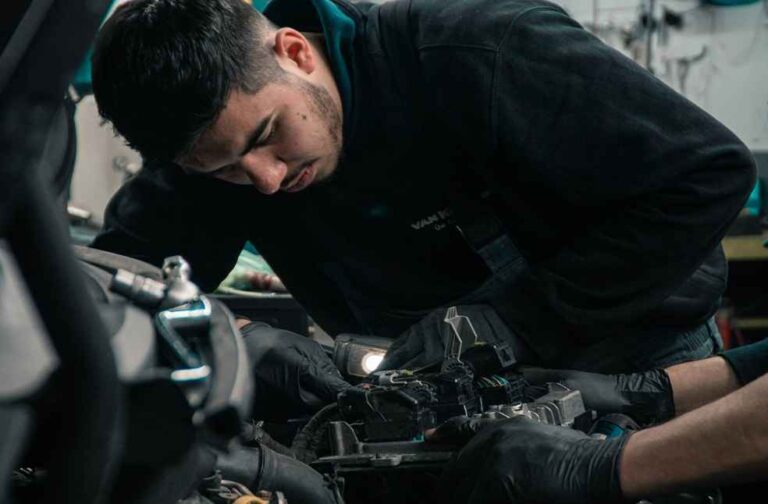The automotive sector in Pakistan faces criticism for missing the export targets outlined in the Auto Industry Development and Export Policy (AIDEP) 2021-26. Despite the underperformance, auto manufacturers have managed to secure temporary relief through legal channels after the government attempted to revoke their licenses. This situation came to light during a Senate Standing Committee on Industries and Production session led by Senator Aon Abbas on Friday.
Secretary of Industries Saif Anjum presented the facts, stating that the manufacturers did not achieve the export goals set by the government. “The manufacturers have failed to meet these targets,” Anjum reported. “The government did revoke the licenses temporarily, but the manufacturers secured relief through a court stay.”
The AIDEP established a tiered approach to export growth, targeting 2 percent of imported components by 2022-23, with planned increases to 4 percent by 2023-24, 7 percent by 2024-25, and reaching 10 percent by 2025-26. The automotive sector’s inability to meet these benchmarks has drawn scrutiny from both lawmakers and industry stakeholders.

During the session, representatives from the Ministry and the Engineering Development Board (EDB) provided updates on the Auto Policy and the Electric Vehicle (EV) Policy. EDB officials noted that most car manufacturers have aligned with international safety standards under WP-29 global regulations, though some models, particularly from newer entrants, still fall short. WP-29, a framework established by the World Forum for Harmonization of Vehicle Regulations, focuses on ensuring vehicle safety, environmental performance, and energy efficiency.
While the majority of manufacturers have adopted these standards, one automaker plans to discontinue three of its models and redesign the remaining ones to meet WP-29 regulations by June 2025. The WP-29 standards cover crucial aspects such as active safety (brakes, steering, tires, lighting), passive safety (seat belts, airbags, seats), and general safety features (glazing, mirrors, anti-theft systems).
Senator Saifullah Sarwar Khan Nyazee raised critical concerns about the safety of vehicles that do not yet comply with these standards, questioning the accountability for potential accidents involving such models. EDB officials acknowledged the gaps, confirming that certain models currently on the market do not meet the required safety benchmarks.
Senator Saleem Mandviwalla highlighted another pressing issue that the majority of domestically produced cars fail to meet international standards, creating significant barriers to entering export markets. He cited the lack of export incentives as a key factor limiting the industry’s global competitiveness.

Attention also turned to broader issues in the industrial sector, including the need for improved cold storage facilities and more affordable electricity rates. Officials briefed the committee on the Economic Coordination Committee’s (ECC) approval of a proposal, now pending review by the federal cabinet.
Discussion of the 2016-21 Auto Policy revealed its role in attracting eight new car manufacturers, increasing the total from three to 13. These companies now collectively produce 500,000 units annually across over 40 models and 100 variants. The sector’s contributions include 4 percent to GDP, Rs300 billion in taxes, and more than two million jobs.
Senator Aon Abbas addressed concerns over delayed vehicle deliveries, emphasizing that eight major car manufacturers had paid Rs5.32 billion in compensation for delays exceeding 60 days. He called for a detailed breakdown of these payments, including specifics on car models and the duration of delays, to assess whether the compensation was sufficient.
The committee also evaluated Pakistan’s electric vehicle (EV) policy, with officials explaining the strategy’s focus on addressing climate change and diversifying the auto sector. Significant incentives for EV parts—such as a 1 percent customs duty compared to 30 percent for traditional vehicle parts—aim to attract global EV manufacturers. EV tariffs are also set lower, at 5-10 percent compared to 25-30 percent for conventional vehicles.
Senator Mandviwalla stressed the urgency of developing EV-friendly infrastructure, warning that the sector could falter without adequate support. To address these concerns, the committee established a three-member sub-committee, chaired by Senator Nyazee, tasked with conducting a thorough review of the EV policy.
DON’T MISS | Auto Industry Rallies to Preserve Inflation Reduction Act Ahead of U.S. Election





